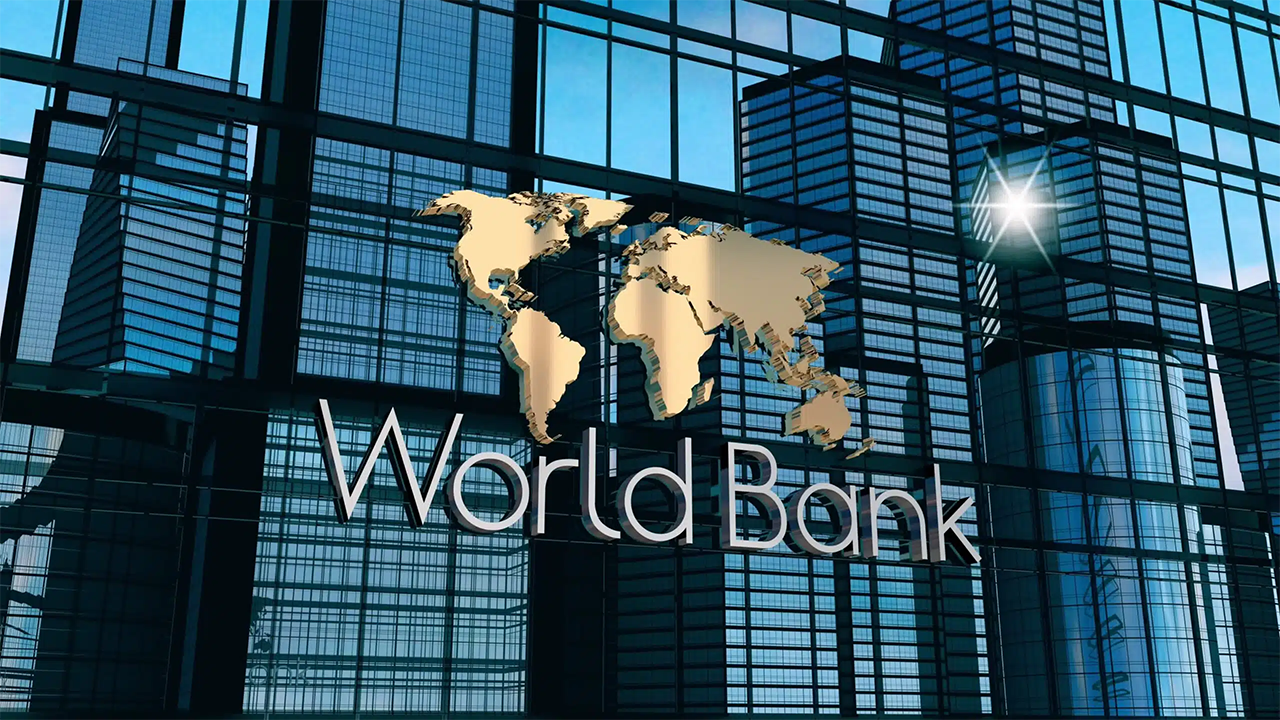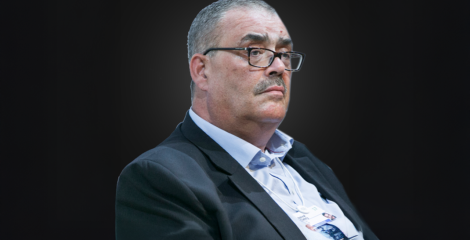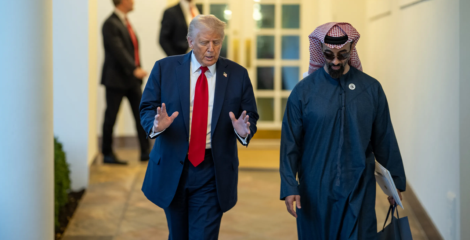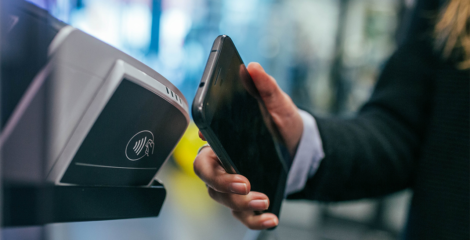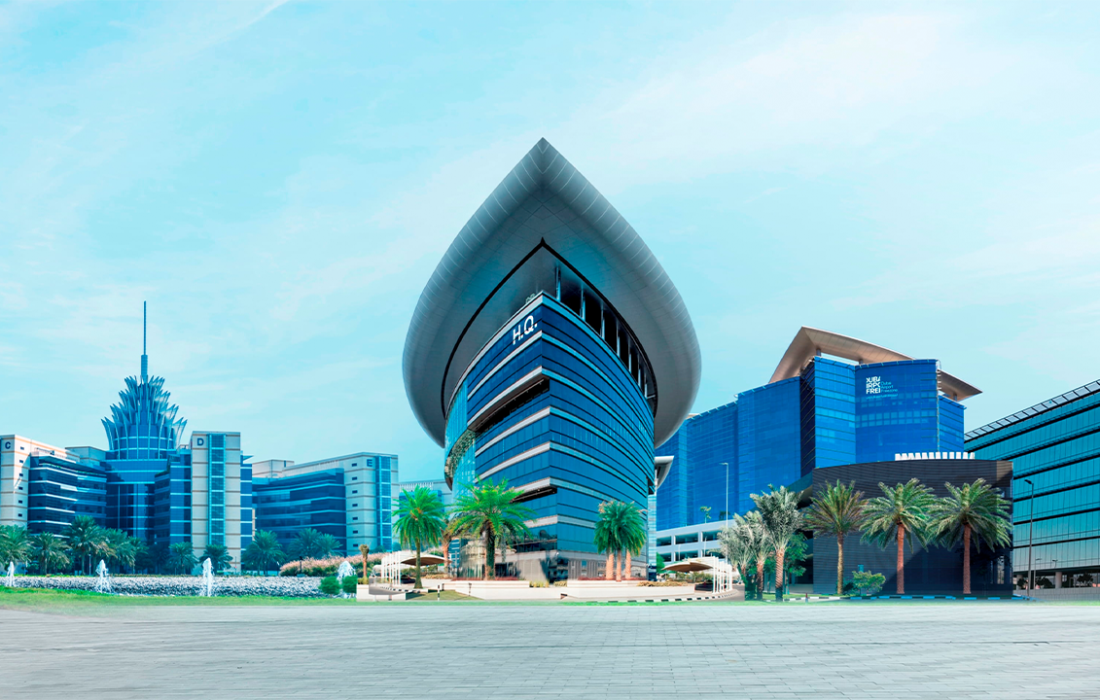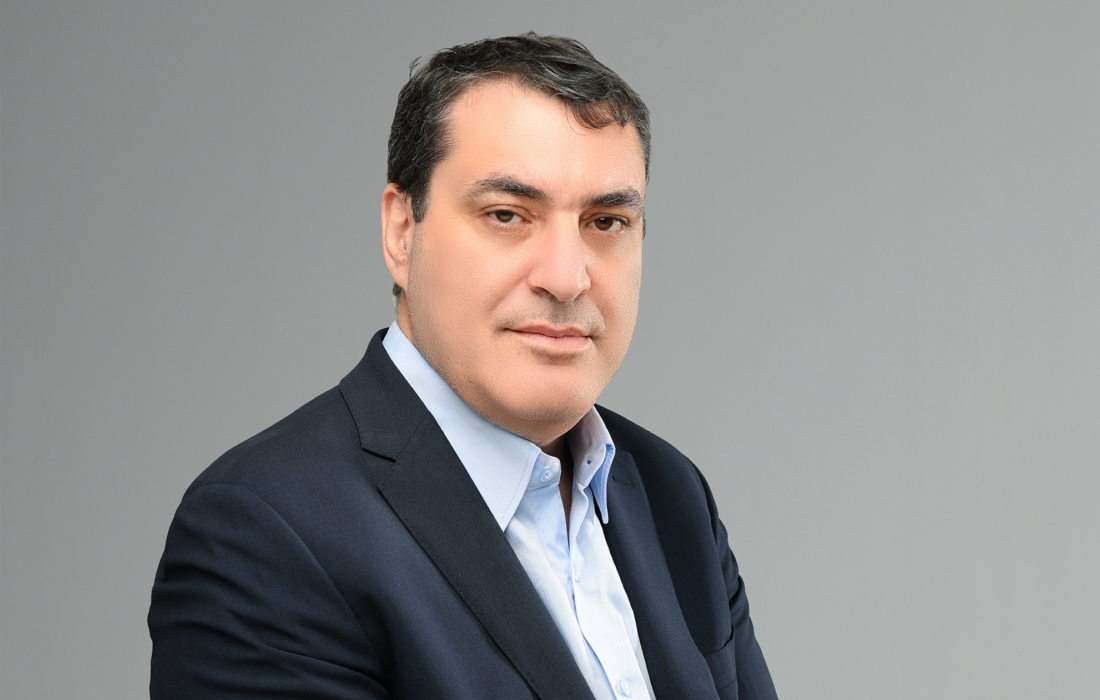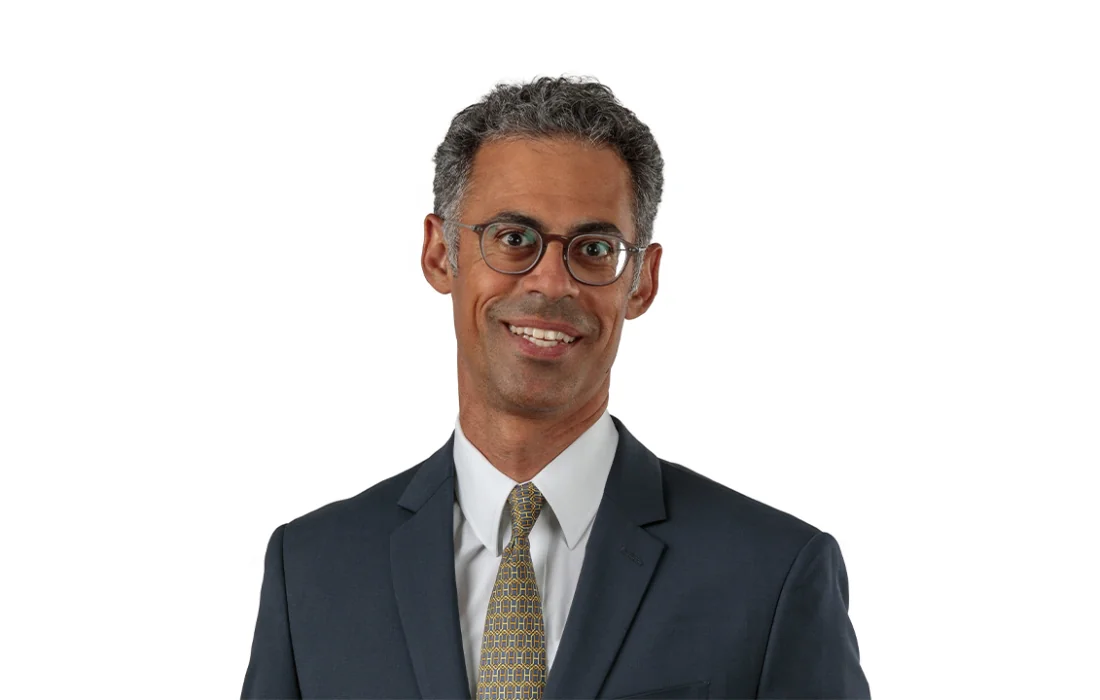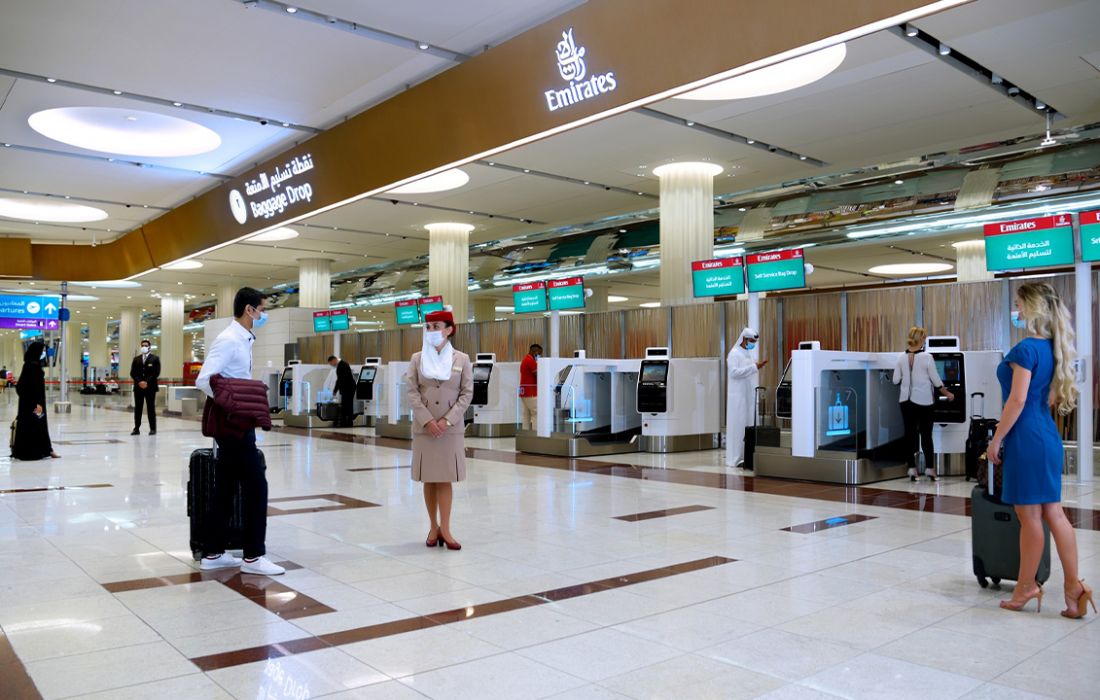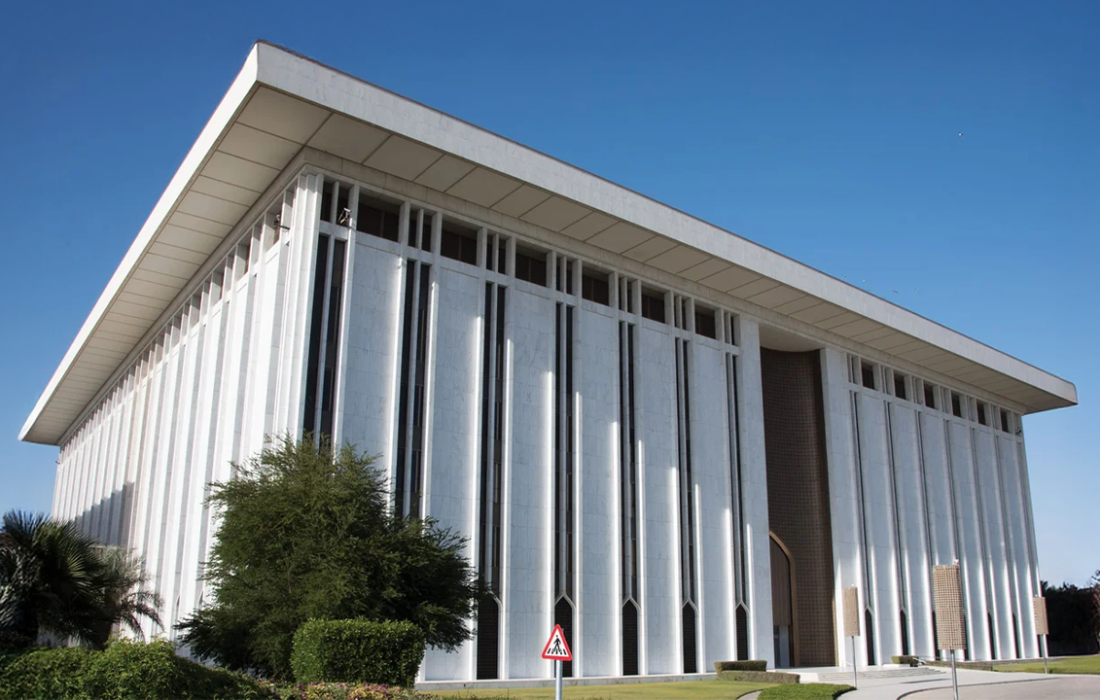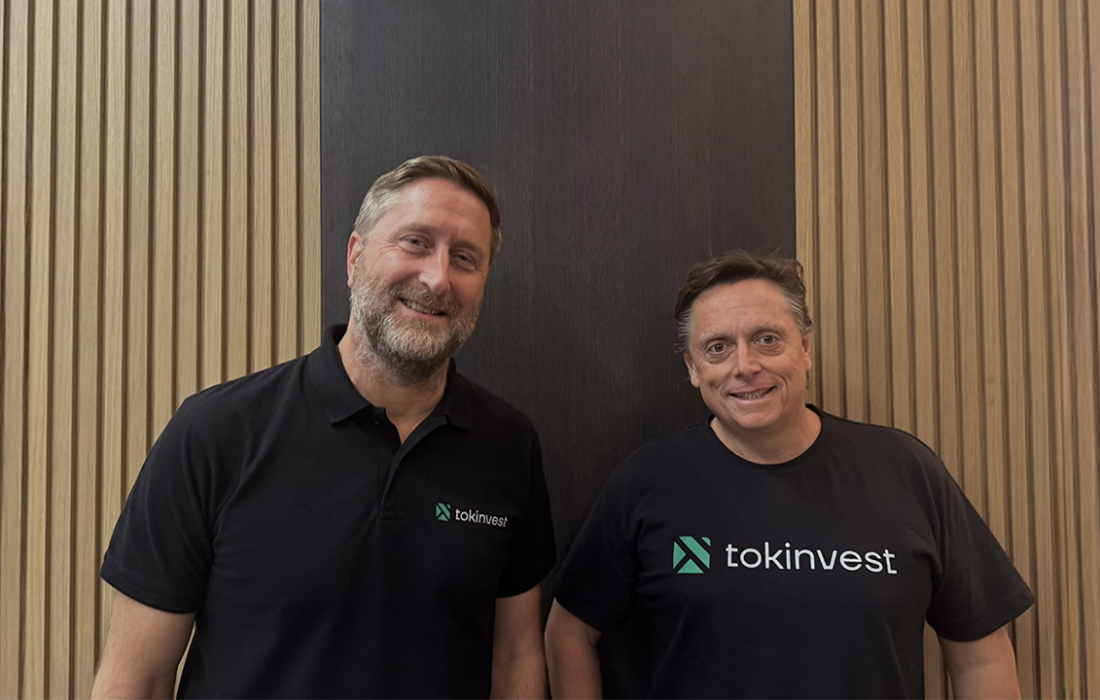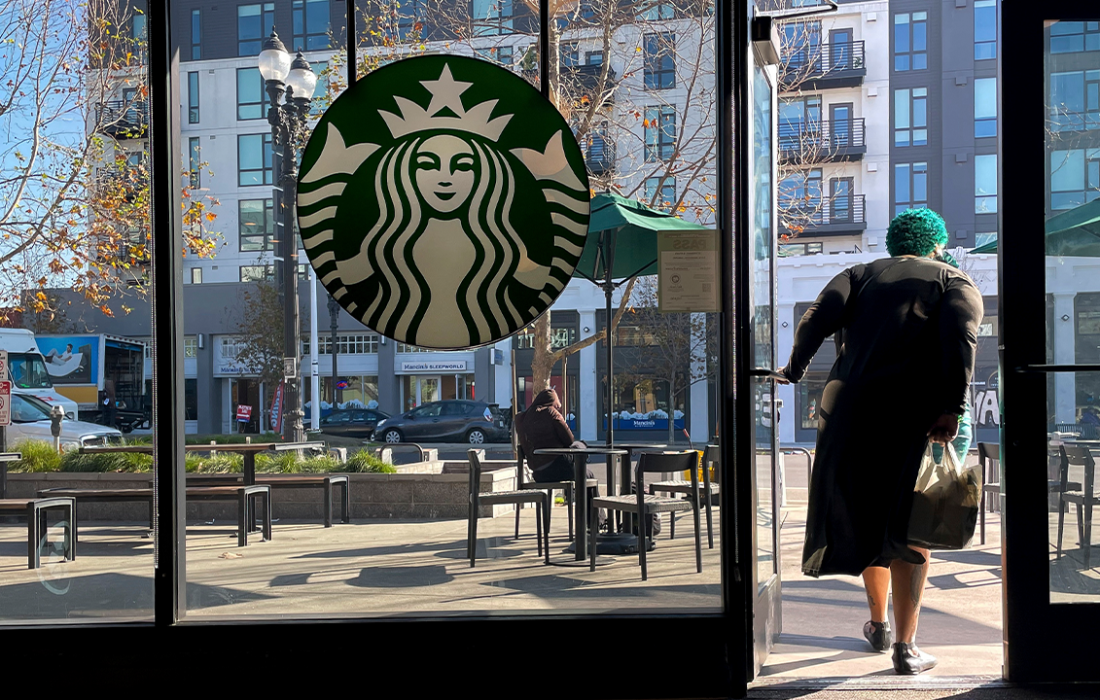- The World Bank opens a new regional hub in Riyadh to serve the Middle East, North Africa, Afghanistan, and Pakistan.
- The Riyadh hub strengthens collaboration with governments, facilitates faster decision-making, and supports regional projects in development and infrastructure.
- Recent MENAAP initiatives include disaster management loans to Turkiye, electricity restoration in Syria, and railway improvements in Iraq.
The World Bank
The World Bank announced the opening of a new regional hub in Riyadh, Saudi Arabia, to serve the Middle East, North Africa, Afghanistan, and Pakistan (MENAAP) region. The Riyadh hub will be co-located with the World Bank Group’s Gulf Cooperation Council (GCC) regional office.
“Riyadh is not only a gateway to the region’s transformation, but also a powerful platform for global knowledge exchange and policy innovation,” said Ousmane Dione, Vice President for the Middle East, North Africa, Afghanistan, and Pakistan.
The opening of the new regional hub signals the deepening ties between the World Bank and Saudi Arabia. As this comes after the World Bank Group and Saudi Arabia launched a new global Knowledge Hub (K-Hub) in Riyadh. With this, they seek to facilitate regional and global knowledge exchange, joint research, and capacity-building initiatives aimed at advancing global development impact.
This milestone aligns with the 50th anniversary of technical cooperation between the World Bank and the Kingdom of Saudi Arabia. The relationship started in 1957 when the Kingdom joined the International Bank for Reconstruction and Development. Later, in 1975, both signed a Technical Cooperation Program, opening the first Resident Mission Office in Riyadh soon after.
The regional hub aligns with Saudi Arabia’s government-backed regional headquarters program. The program, launched in 2021, offers incentives such as a 30-year corporate income tax exemption and withholding tax relief. It also offers regulatory support for multinationals operating in the Kingdom.
Regional Developments
The MENAAP region faces a wide range of development challenges, from rebuilding infrastructure to advancing green growth. Recently, it awarded USD 60 million in disaster management loans for Turkiye. It also granted Syria USD 146 million to help restore reliable, affordable electricity. In addition, it gave Iraq USD 930 million to help improve railway performance, boost domestic trade, and diversify the country’s economy.
Thus, moving its regional hub to Riyadh allows the World Bank to work more closely with governments, make decisions more quickly, and provide more direct support for projects in jobs, education, health, and resilience across the MENAAP region.
If you see something out of place or would like to contribute to this story, check out our Ethics and Policy section.
